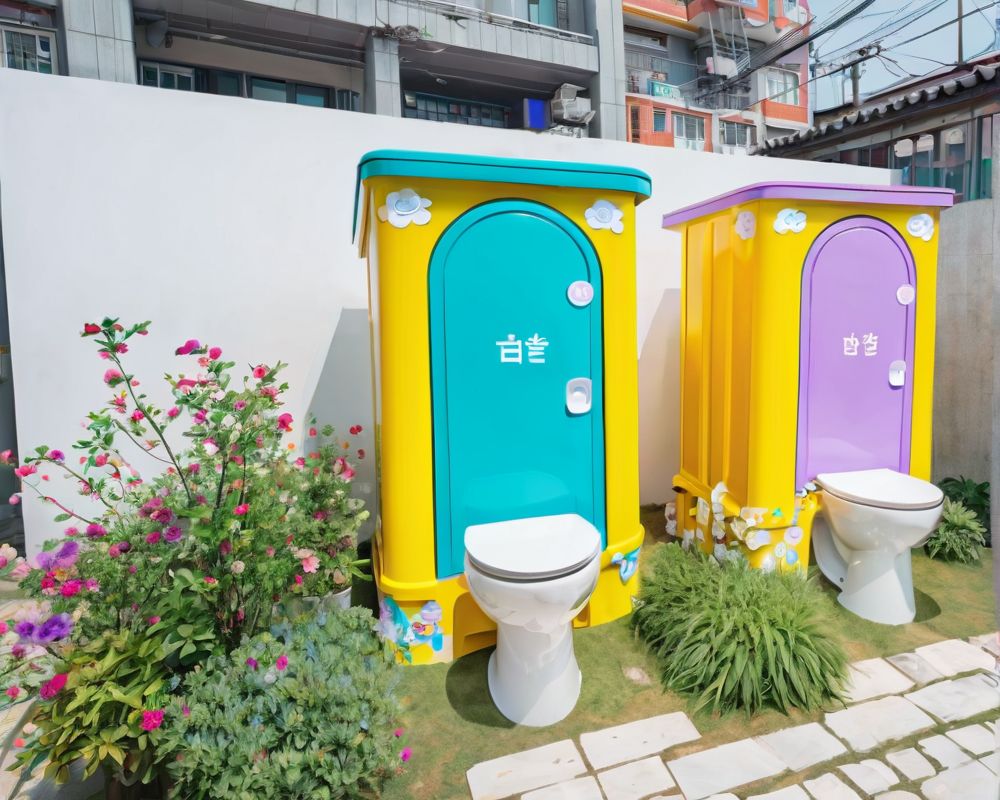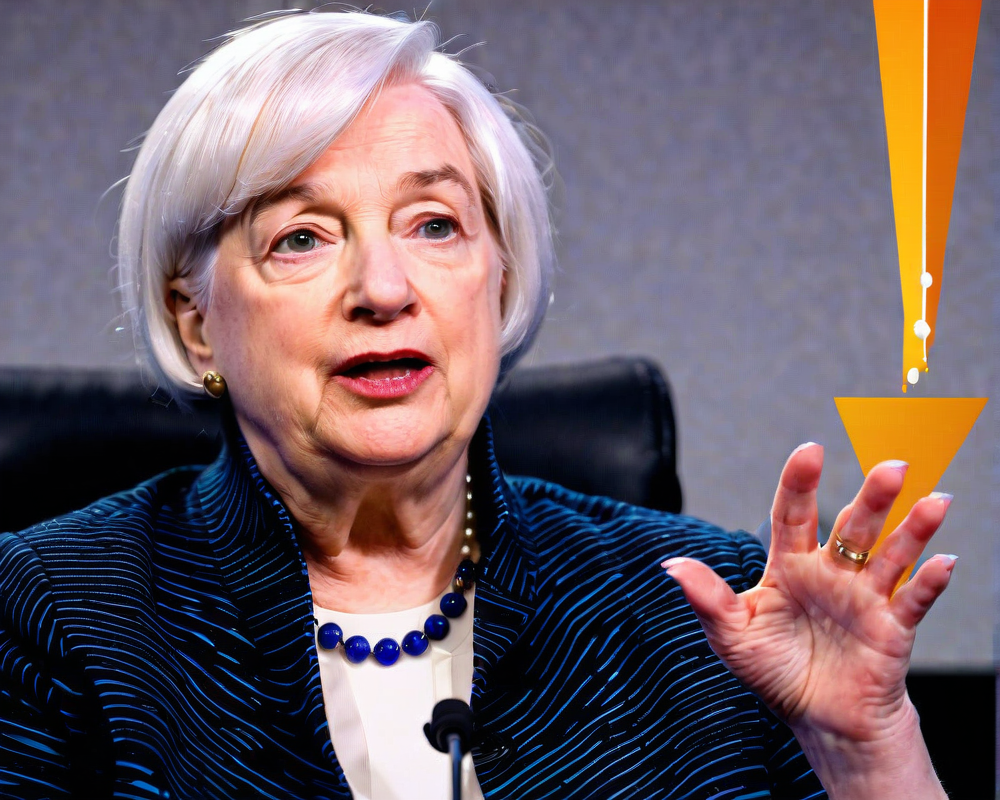The Unexpected Journey of the BeeVi Toilet
The tale of the BeeVi toilet is one for the ages. Imagine a commode that doesn’t just serve its traditional purpose but also transforms human waste into a source of energy, heat, and, wait for it, digital currency! The South Korean government kicked off this funky initiative under the Science Walden project in 2021, and it seems everyone, from crypto enthusiasts to eco-warriors, were all in for a whirl. But like all good things, it seems this ride came to a screeching halt.
The Golden Toilet That Made Cryptocurrency from Excrement
At the core of the project was the BeeVi toilet, which hilariously turned solids into methane gas and rewarded its users with a currency named Ggool — which, in Korean, means honey. Yes, that’s right. If you dropped a deuce, you’d cash in with Ggool tokens! Each hefty 500 grams of waste produced could generate 0.5 kWh of energy. It was like being encouraged to drop a load for some sweet digital currency. Coffee and snacks were up for grabs in the campus marketplace — until, of course, the marketplace became stagnant, ironically reflecting the state of the project.
The Closing Curtain: A Bitter Goodbye?
In February of this year, Professor Cho Jae-weon, the brain behind this waste-to-wealth initiative, announced the disheartening news that the funding for this innovative project had come to an end. He stated, “I think they thought they supported it enough and believe Science Walden should stand on its own feet.” While there are still BeeVi toilets proudly standing at the Ulsan National Institute of Science and Technology, the world is now a little less enriched by the project’s curious innovations.
Ggool: A Currency with a Social twist
The Ggool tokens were designed to operate on a rather unique economic principle — a 7% negative interest rate intended to keep users active and spending rather than hoarding. It’s like a currency that was actually designed to discourage people from saving money! Professor Cho imagined a world where people could think differently about value, pricing goods only in Ggool instead of traditional currencies. “This is a new way to view value in different ways,” he asserted. However, in a society predominantly obsessed with amassing wealth, it might have looked a little quirky and unconventional.
The Bright Side of Waste Recycling: Potential Unfulfilled
Professor Cho expressed his disappointment at the project’s untimely end, sharing his vision of turning metropolitan waste management into a market for energy production. He believes that the methane produced could ideally be used for cooking and heating, decently replacing traditional energy sources. However, without a substantial institutional commitment and infrastructure investment, this idea remains just that — an idea. In a world constantly looking for sustainable solutions, one can’t help but wonder about the possibilities that could have shaped both society and waste management.




